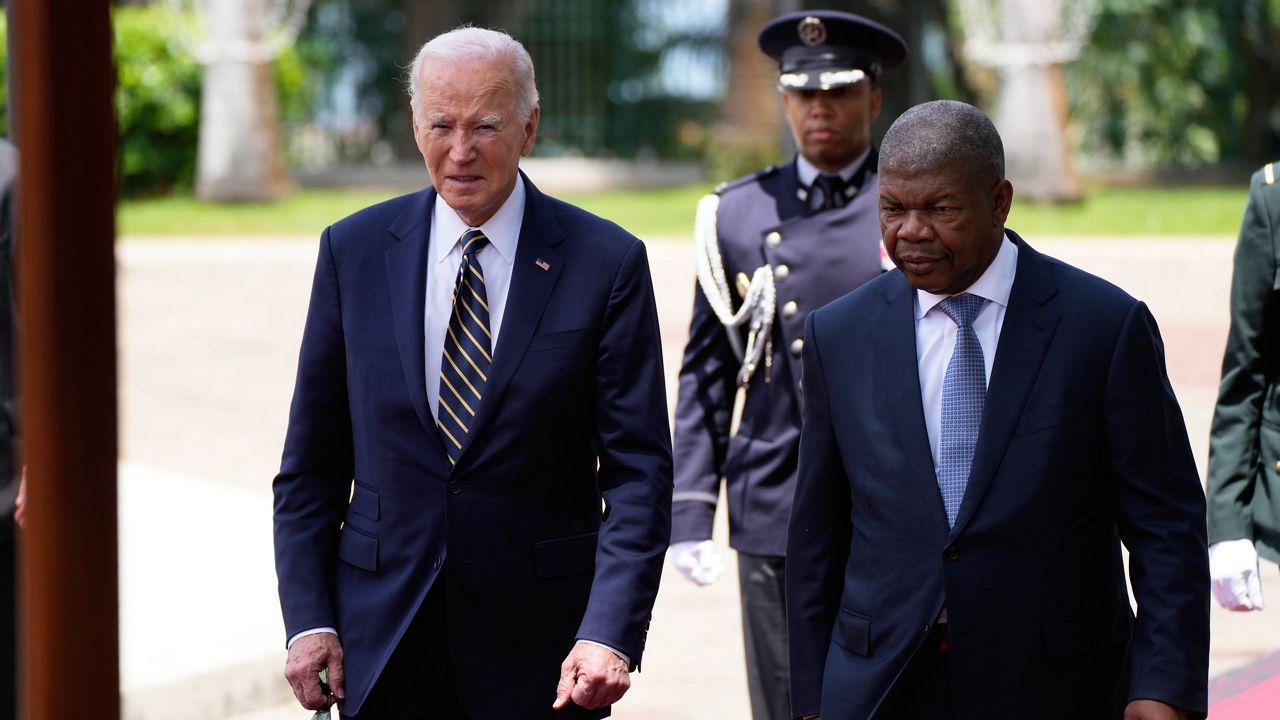Africa-Press – Angola. This opinion article analyses the status quo of Angola’s relations with the three major world powers (USA, Russia and China). The first part addresses Angola’s relationship with the USA, the second part addresses Angola’s relationship with China and this part addresses Angola’s relationship with Russia from a historical and contextual perspective, in order to understand the interests that these states have in Angola and Angola’s interests with these same states.
The relationship between Angola and Russia is based on a historical and strategic basis that dates back to the period of the MPLA national liberation movement, which extends during and after the day of the proclamation of Angola’s Independence, on November 11, 1975.
Since then, the two countries have established diplomatic ties, solidified by the signing of the Treaty of Friendship and Cooperation between the then Soviet Union and Angola in 1976. This pact marked the beginning of a collaboration that was decisive for the consolidation of the Angolan State during the turbulent years of civil war and foreign intervention.
Relations between these two states were built during one of the most difficult periods in human history, during the Cold War, which forced the newly independent states to align their ideologies with the international system. It is possible and correct to divide Angola-Russia relations into three important periods, although this is debatable. However, this division is based on the views of several scholars, such as Valdemir Shubin. In this vein, we can describe these periods as follows:
From 1975 to 1985: This period was marked by a strategic and ideological alignment, influenced by the Cold War. The Soviet Union played a crucial role in providing military support to the MPLA, enabling the Angolan government to resist incursions by South Africa and UNITA;
1. From 1990 to 2000: With the collapse of the USSR and the end of the Cold War, relations cooled. Russia faced an internal economic and political crisis, resulting in a decrease in its international reach;
2. From 2000 to the present day: The rise of Vladimir Putin has brought new dynamism to bilateral relations. Cooperation has expanded beyond the military sphere to include economic and social areas, albeit with fluctuations due to changes in the international context.
3. The recent international context, marked by the economic sanctions imposed on Russia by the USA and the European Union, has had repercussions on bilateral relations. These sanctions, resulting from the annexation of Crimea and the war in Ukraine, directly affect Angolan interests, as can be seen in the operations of the Russian diamond company Alrosa in Angolan territory.
Furthermore, the global impact of the conflict in Ukraine, particularly on the grain and cereal supply chain, has highlighted the vulnerability of countries like Angola, which depend on international markets to ensure food security.
Military cooperation remains a central pillar of Angolan-Russian relations. Russia’s supply of weapons, military training and personnel development have profoundly shaped Angola’s defence and security sector over the decades. However, Angola has shown interest in diversifying its military partnerships, including the possibility of acquiring American equipment, which demonstrates Angola’s interest in moving away from a relationship dominated by military dominance for almost half a century.
The implementation of a project to assemble military equipment in Angola, with technical support from Russia, as stated by President João Lourenço at the Sochi Summit in 2018, could consolidate the country’s position as a relevant player in matters of security and stability on the African continent. Such an initiative would strengthen Angola’s military diplomacy, while contributing to the modernization of its Armed Forces.
Although Angola and Russia share a historical and strategic alignment, Angolan foreign policy has been marked by pragmatism. The country publicly condemned Russia’s annexation of Ukrainian territories at the United Nations General Assembly. Angola’s position reflects a careful balance between preserving historical relations and adapting to the realities of the contemporary international system. Economic diversification and strengthening partnerships in non-traditional sectors are essential to revitalizing this relationship. For Angola, maintaining a balance between its international partners, without compromising its national interests, will be crucial. Angola, as a sovereign nation, must constantly assess the advantages and disadvantages of its relations with the US, Russia and China, without over-committing to a single power bloc and jeopardizing its national interest. In this context, the question remains: how can Angola leverage its relations with Russia to advance its development agenda, while strengthening its position on the international stage? The answer will depend on the country’s ability to reconcile its historical and strategic interests with the demands of a changing international system. Russia, for its part, has sought to increase its presence on the African continent, including in Angola, but its offers of assistance are more focused on defense and security issues.
The real question for Angola is not simply choosing between these powers, but how to balance these relationships to maximize benefits and mitigate risks. This will be the answer for the fourth part of the four-part series of articles: “Angola Between the US, Russia and China: Who Should Choose?”
Osvaldo Mboco Professor of International Relations and Master in Public Management and Governance, specializing in Public Policies
Sunday, December 29, 2024
*Professor of International Relations and Master in Public Management and Governance, specializing in Public Policies
angola24
For More News And Analysis About Angola Follow Africa-Press






